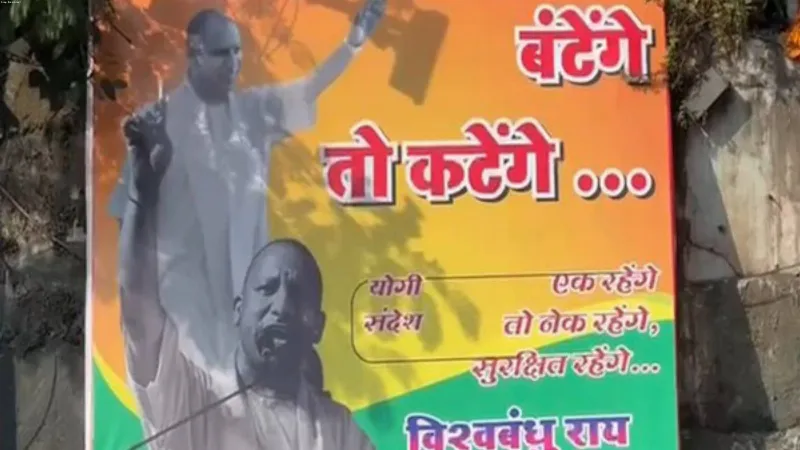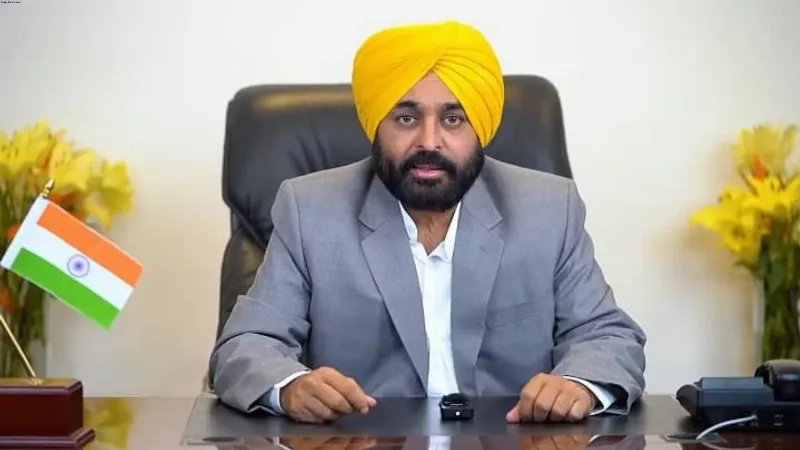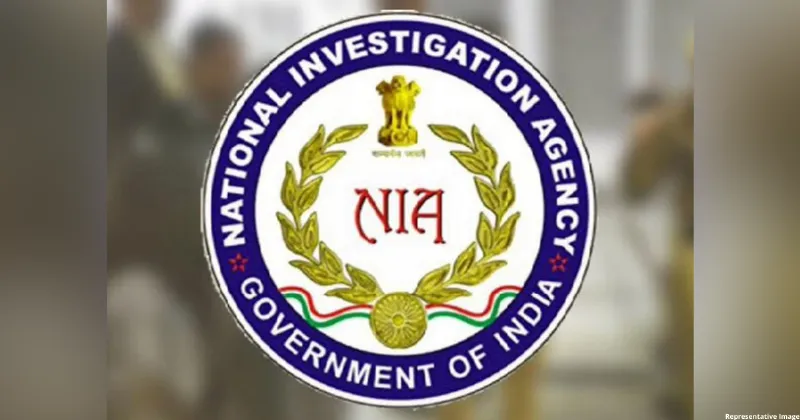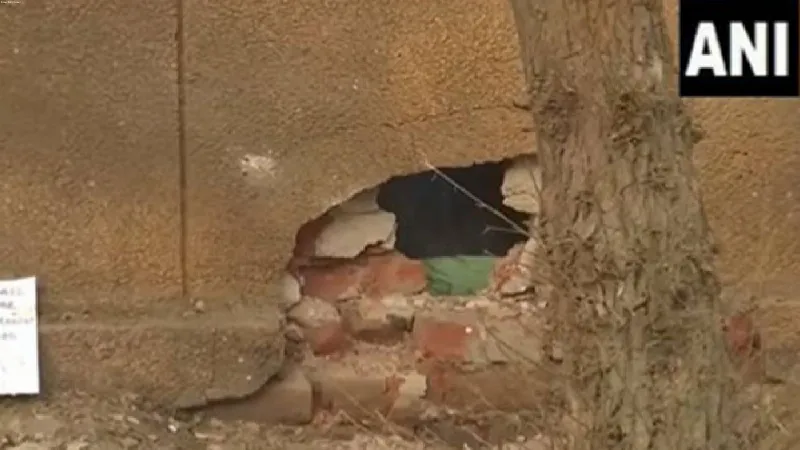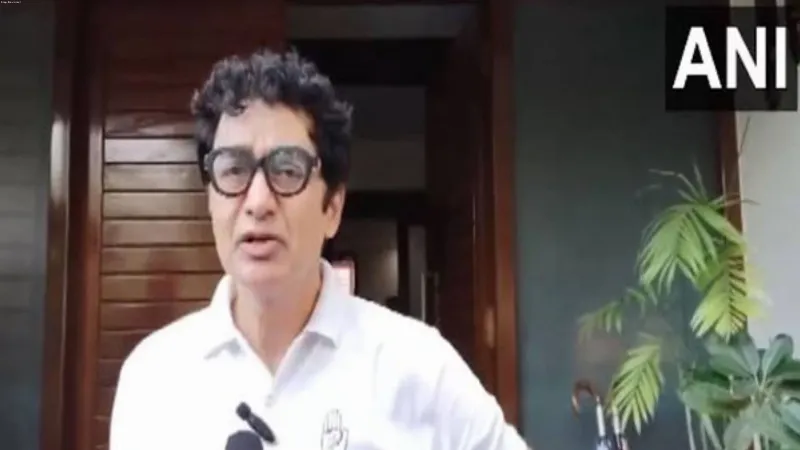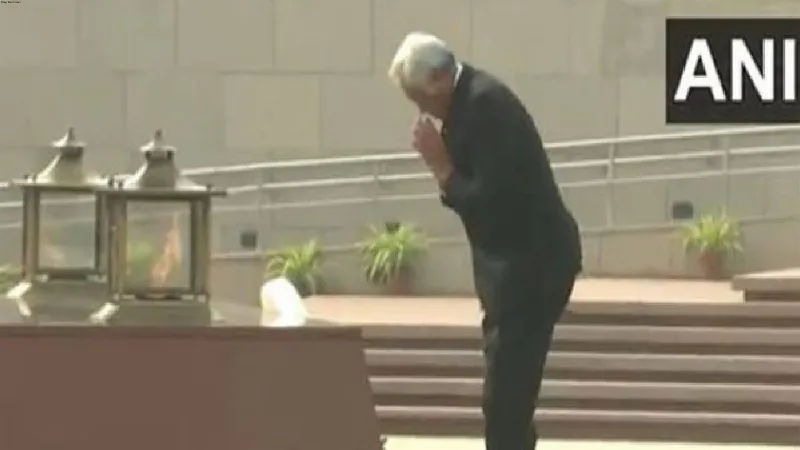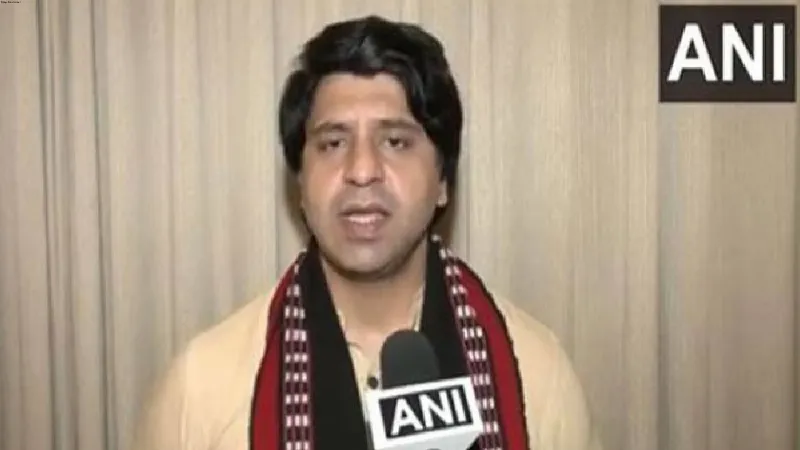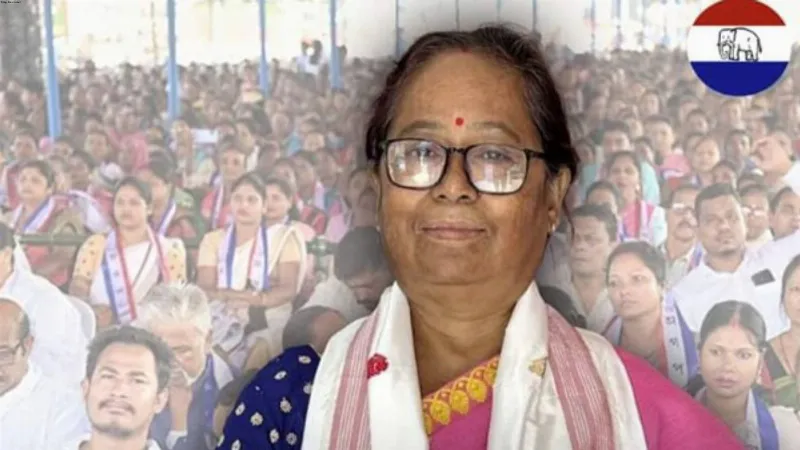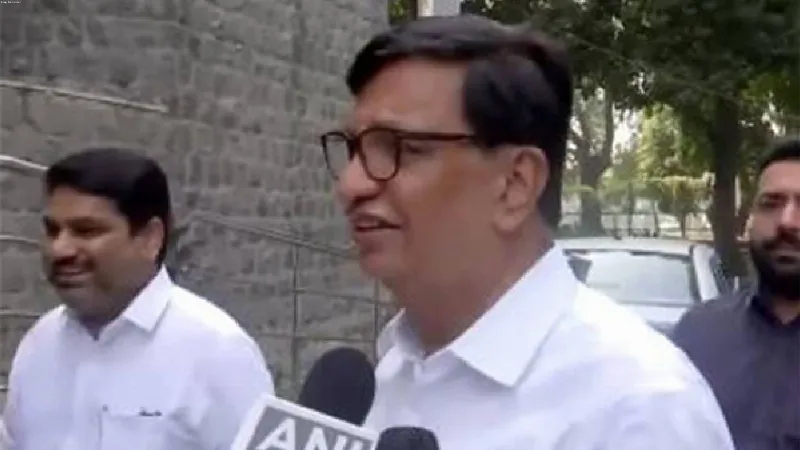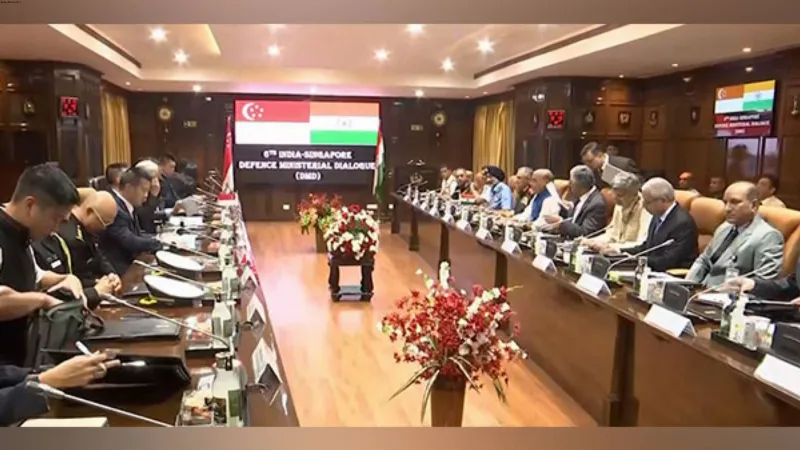Latest News
Maharashtra’s Action Plan on Climate Change & HUMAN HEALTH MAY BE A GAME CHANGER
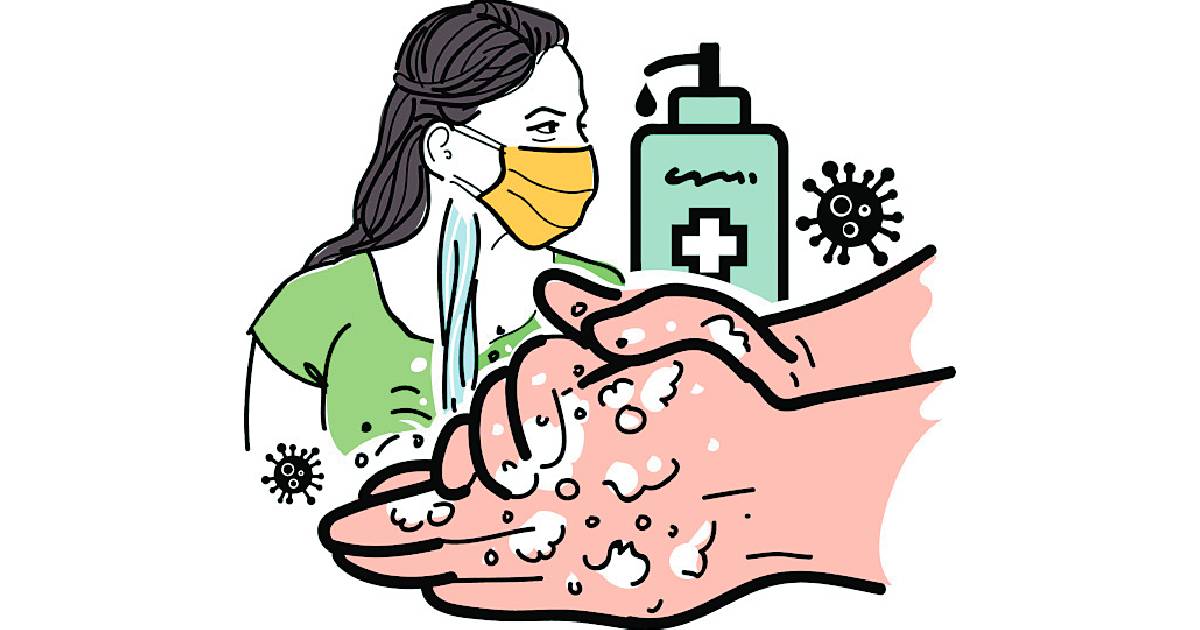
Mumbai: Maharashtra has paid Rs19,637 crore in compensation to victims of climate change-related incidents across 35 districts over the past six years. The state has already reported over 400 heat-related illnesses and 25 deaths in the current heatwave.
With cyclones, floods, and storm surges likely to occur shortly after summer, the state government has come up with an Action Plan for Climate Change and Human Health (SAPCCHH) later this month, Dr Pradip Awate, Maharashtra’s surveillance and nodal officer of the public health department said.Thenodfrom the government is expected in the next 10 days.
SAPCCHH will focus on two key areas:‘Surveillance of Acute Respiratory Illness (ARI) with respect to Air Pollution’ and ‘Surveillance of Heat-Related Illness’.
In addition tostrengthening the healthcare system’s capacity to reduce illnesses caused by climate variability, it will also build on health preparedness, research capacity, and response at the regional, district, and state levels to fill the evidence gap on climate impacts on human health.
Given that—according to the National Clean Air Programme—Maharashtra has the largest number of polluted cities in India, the public health department has started the process for a state-wide sentinel monitoring and selected 17 hospitals for air pollution surveillance under SAPCCHH.
Dr Awate said that data collection for ARI will commence from these institutes in the 17 most polluted cities, including Mumbai. For this, each hospital has designated a nodal officer who is sending daily and weekly reports to the state nodal officer of the plan.
The second area of attention, on which work began on March 1, is the urgent issue of heat-related disease, with heat-wave prone districts and municipal authorities throughout Vidarbha, Marathwada, and central Maharashtra sub-divisions being instructed to develop district heat action plans at the earliest. District-level training and workshops had already taken place in collaboration with the India Meteorological Department, Dr Awate said.
In order to increase stakeholder capacity and climate awareness, SAPCCHH—which has a total budget of Rs1.69 crore for 2022-23—is being developed through three cohorts: the general people, policymakers at various levels, and doctors and healthcare professionals.
SAPCCHH’s Environment Health Cell will ensure implementation of the plan across 13 verticals: adaptation plans for air pollution, heat-related illness, vector-borne, water-borne, foodborne diseases, those related to nutrition and allergies, cardiopulmonary diseases, zoonotic diseases, mental health, health adaptation for coastal regions, mountainous regions, and overall disaster management.

